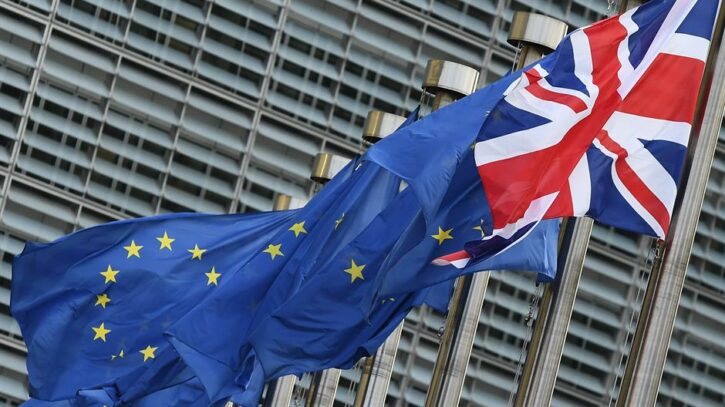
The European Commission announced on Monday that it had completed preparations for a no-deal Brexit, a scenario the EC claimed is “increasingly likely.”
The preparations outline what changes will occur if the UK crashes out of the bloc on April 12, which may happen if the House of Commons fails to approve the withdrawal agreement by March 29. If the agreement is approved by that date, the UK will leave on May 22.
The new dates were agreed on March 21, after a request by British Prime Minister Theresa May to extend the original March 29 deadline.
“At the same time, it (EC) continues supporting administrations in their own preparations and urges all EU citizens and businesses to continue informing themselves about the consequences of a possible “no-deal” scenario and to complete their no-deal preparedness… While a “no-deal” scenario is not desirable, the EU is prepared for it,” the EC said in a press release on Monday.
Travel: UK citizens will likely need a residence permit or a long-stay visa if they want to visit an EU country for more than 90 days. They'll be subject to “thorough checks of all entry conditions” and won't be able to use the separate lanes for EU and European Economic Area citizens at airports.
But the measures say that visa-free travel to the EU for UK nationals is in the process of “final adoption,” and would be granted if the UK also grants reciprocal and non-discriminatory visa-free travel to all EU citizens.
Aviation: The EU will implement measures to ensure “basic air connectivity” can continue after a no-deal, “in order to avoid full interruption of air traffic between the EU and the UK.”
Road travel: There will also be a “continuation of safe basic road connectivity between the EU and the UK for a limited period of time,” provided that the UK agrees to give the same treatment to EU companies and operators.
Climate change: The measures ensure that the EU's Emissions Trading System, which sets a cap on emissions by member states in an effort to limit global warming, will not be affected by a no-deal scenario.
Students: Students and trainees taking part in the EU's Erasmus+ program, which allows people to study abroad in another EU country, will be able to complete their studies and continue to receive the relevant funding or grants.
“The EU has prepared for this scenario and has remained united throughout its preparations. It is now important that everyone is ready for and aware of the practical consequences a “no-deal” scenario brings,” the EC said.
Follow N1 via mobile apps for Android | iPhone/iPad | Windows| and social media on Twitter | Facebook.




